Growing up as a Latina in the United States, I wouldn't trade my heritage for the world. As a child, I was introduced to so many things that, as an adult, I treasure dearly. One of those things, however, is my ability to be able to speak both English and Spanish fluently.
I never thought much about being bilingual until I moved to a more monolingual area of my state. It was only then that I truly realized a few struggles of being bilingual, like trying to explain what "sana, sana, colita de rana" means. (It literally means "heal, heal, tail of a frog." Crazy, I know.)
Here are 11 struggles all bilinguals know and feel deep within their corazón!
1. Forgetting words in either language, so you just mix them up!
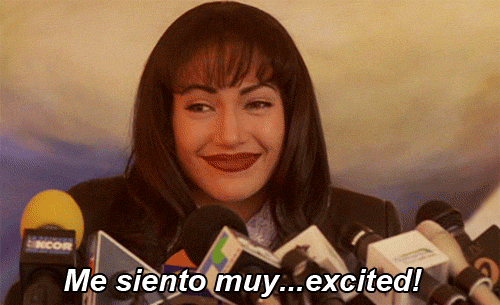
This could often be called Code Switching! This can be defined as alternating two (or more) languages in a single conversation. For some places, this can be looked down upon, but for others, it's basically all that's spoken. (Shout out to Brownsville!)
2. When people ask you to translate slang, but it's not that simple.

As a bilingual person who speaks both English and Spanish, it's sometimes extremely difficult to truly translate words or phrases from one language into another. Often times they could mean the same in either language, but when it comes to those certain words, sometimes you're just at a loss.
3. Saying a specific word with a different pronunciation.
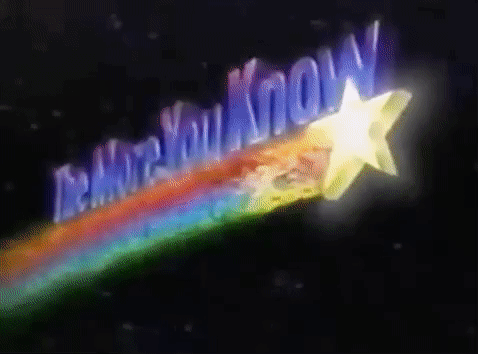
It was only recently that I learned how to say salmon. That's right! After 21 whole years, I had been pronouncing salmon wrong! You see, in Spanish, salmon is pronounced as sal-mon, the 'L' sound included; I had no idea that salmon was truly pronounced without the 'L' in the word.
4. Having a "particular" sense of humor.
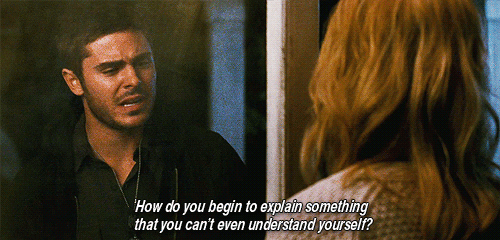
That moment when your humor really gets lost in translation, and you keep saying "It's really funny, trust me! It's just so funny! It makes better sense in [insert language]!"
5. "Can you please help me with my [insert language] homework?"
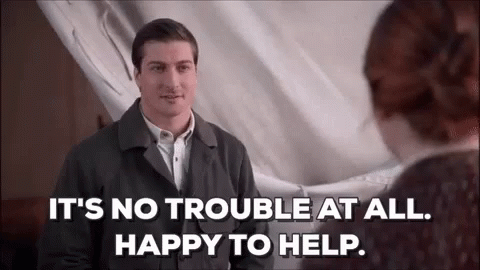
Normally, I'm sure it's no trouble for people to help out others with homework! I'm sure they're more than happy to help out. However, more often times than not, teachers tend to ask students to conjugate words certain ways, and unfortunately, we're not dictionaries that know all of the grammar rules off the top of our head.
6. Grammar change occurs depending on the dialect!

Spanish isn't a language that has a single version; depending on where you are in the world, Spanish can sound and be interpreted very differently.
7. When autocorrect wants to play games with you .

Unless you have your keyboard set up to whatever language you're speaking, you're going to be sending all sorts of weird messages! "Que quiet hacker hoy?"
8. Not being a full expert in either language.

Lots of people don't understand, but depending on where and why you use a language, it can deter your ability to speak it. As a bilingual who speaks Spanish mostly at home with friends and family, speaking Spanish formally is a huge challenge.
9. Talking to family members that truly speak [insert language].

Yeah, it's true, you're bilingual and you're fluent in two languages! Look at you go! However, panic sets in when family members come in and suddenly you forget to speak that specific language, so you spend the entire time asking your parents how to say certain words.
10. When the subtitles and audio are in different languages.

Do you listen in Spanish or do you read the English subtitles? The world may never know! Certainly not your brain; it's currently having a crisis over which to do.
11. When one word means different things.
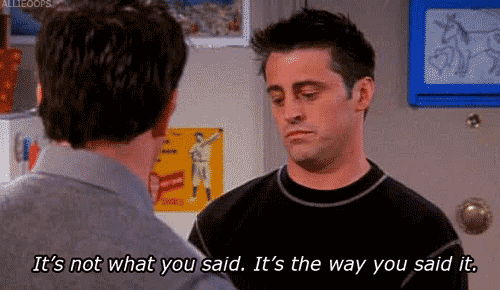
Sometimes, certain words can really mean different things depending on the context that it is used in. One of the biggest struggles that there is for bilingual people is when they ask a translation for one word without the context and then once you give the translation, you just sit there and watch them say it completely wrong. Sorry!



















